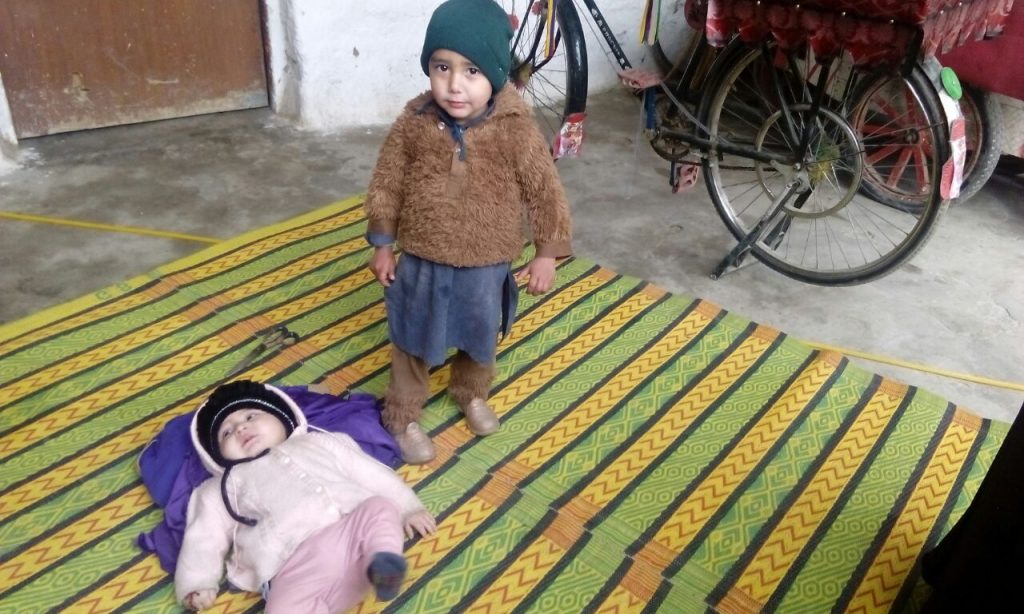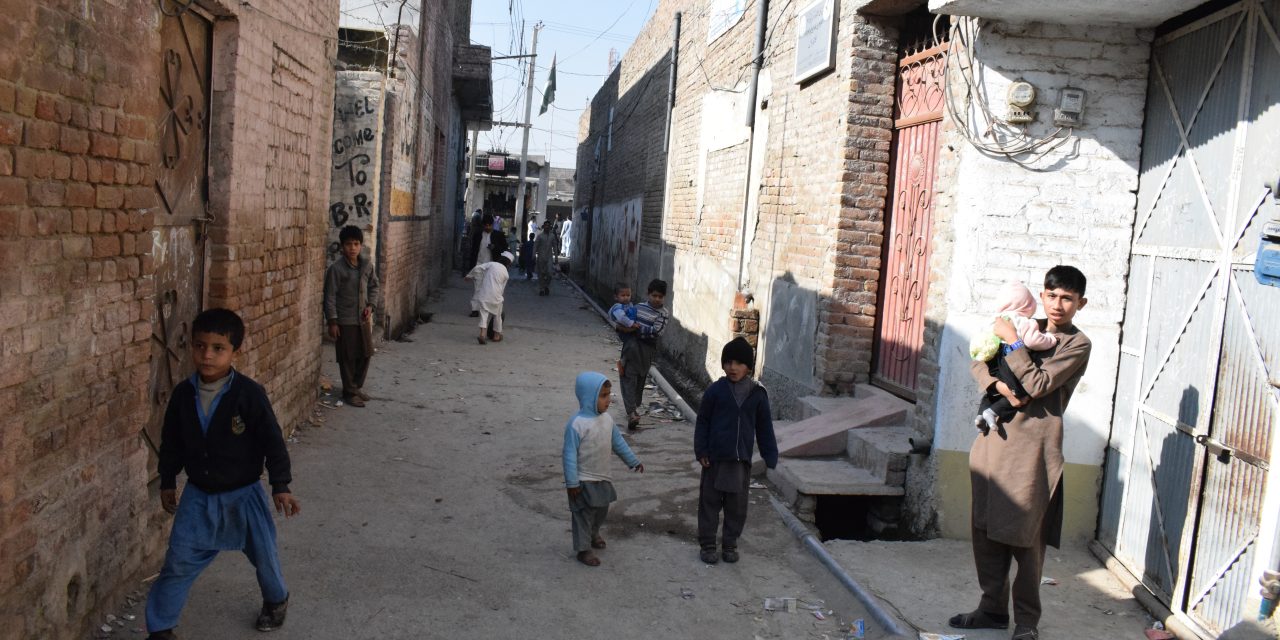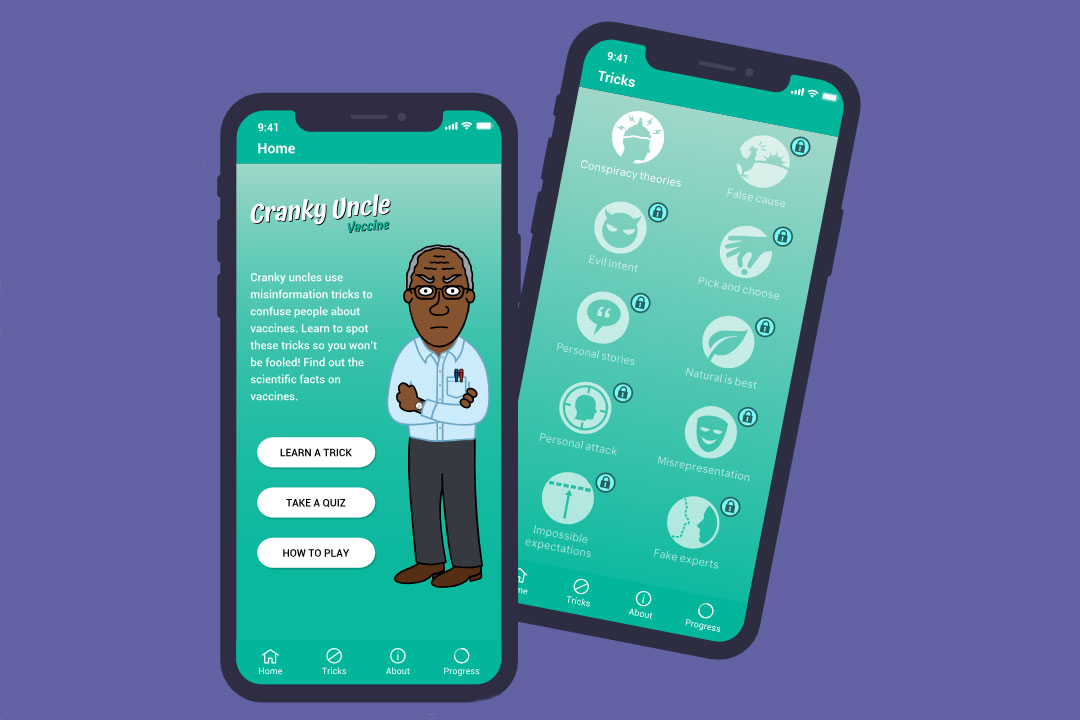Craig Burgess, Senior Technical Officer, JSI and Gavi CSO Board Alternate, Lubna Hashmat, Chief Executive Officer, Civil Society Human and Institutional Development Programme (CHIP) and vice-chair of the Gavi CSO Constituency, and Laura Kerr, Senior Policy Advocacy Officer at RESULTS UK and Gavi CSO Steering Committee Representative.
Saba Gull, 18, lives with her two children in an urban slum in Peshawar, Pakistan. Married young, Saba is illiterate and can only leave the house when accompanied a male family member. Like any mother, she wants the best for her children, but without support from her local civil society organisations (CSOs), Saba’s children would have remained completely unvaccinated.
Immunisation rates across Pakistan have stagnated over the past five years, with basic vaccines reaching just 72% of children. In Saba’s slum community, access to vaccinations is even more challenging. With overcrowding, poor water and sanitation provision, Saba and her neighbours are especially vulnerable to diseases that vaccines help prevent. But there are no government health centres nearby, and vaccination is only offered at a private health facility located outside the slum. Further, there are no Lady Health Workers in the local area. Families must therefore rely on civil society organisations to get the health services they need.
Civil Society Human and Institutional Development Programme (CHIP) is one of many local organisations that has been working in Saba’s community to ensure mothers and whole families understand the need for immunisation and how to access it. CHIP helps organize communal information sessions for both men and women, and goes door-to-door to check children’s vaccination records and speak with families directly about the importance of immunisation, as well as other healthy practices like good hygiene and breastfeeding. This integrated approach helps more families access essential, life-saving interventions, despite the lack of health centres.

Saba’s little children. Credit: CHIP Pakistan.
When social worker Aashi first visited her, Saba didn’t know why vaccines were given or how many were needed, and had heard a false rumour about the measles vaccine. Aashi then arranged for male social workers to visit the family home to talk to Saba’s husband, Kamran. Kamran recognized the men who spoke confidently about vaccinating their own children and how immunisation had prevented hundreds of child deaths in the local community. Kamran’s concerns around safety were alleviated and, after being told of a local vaccination point at a Hujra (male guest house), their children were vaccinated a few days later.
If CHIP and Aashi had not visited the family, Saba’s children would have remained vulnerable to deadly diseases. This is just one example of the critical and life-saving work that organisations like CHIP are undertaking in vulnerable communities. In partnership with the Department of Health and Municipalities, civil society organisations in Pakistan strengthen healthcare facilities by providing technical support, raising awareness, training health workers and volunteers, and supporting systems to improve data collection and use.
However, the critical roles of civil society organisations are commonly undervalued. Too often they aren’t seen as equal partners in health planning, financing and policy development, while their work holding key decision makers accountable can lead to exclusion from decision-making. Without meaningful, transparent civil society participation at all levels, the voices of women like Saba will not be heard, and services will not be designed with the most vulnerable in mind. Ultimately, without civil society, Universal Health Coverage and ‘leaving no one behind’ will just be a dream.






